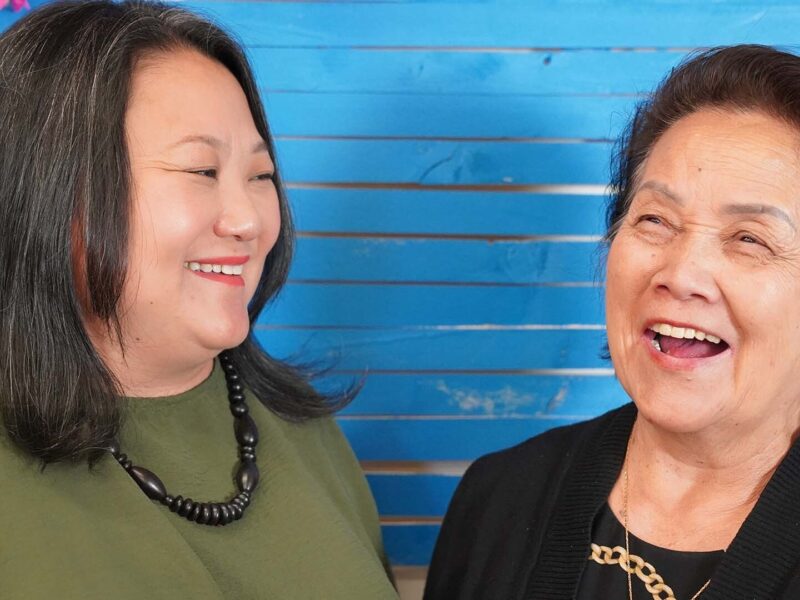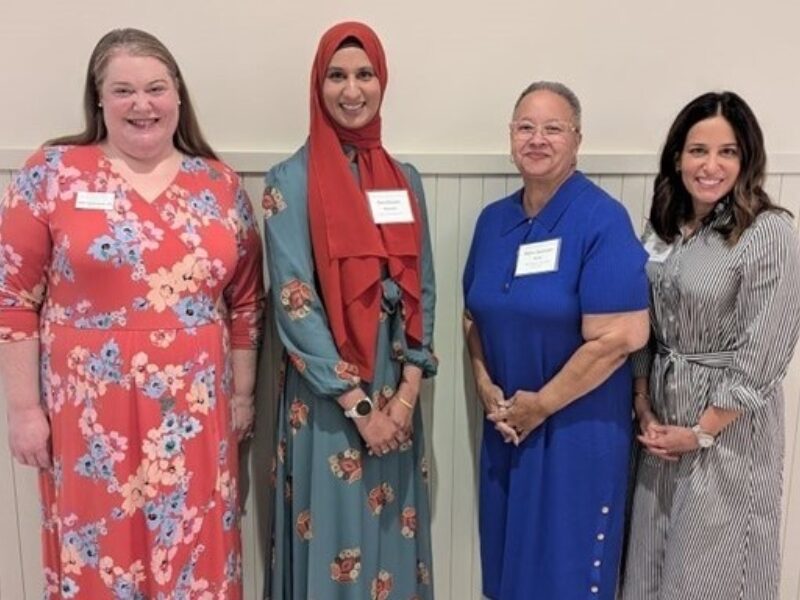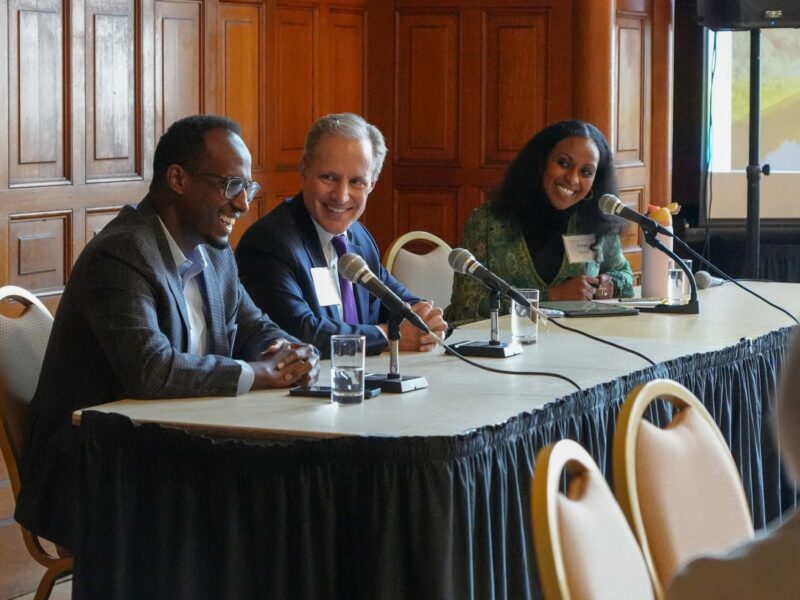Whether you’re new to advocacy or looking to deepen your engagement, your personal advocacy matters — and you have many ways to get started.
Learn how you can use personal advocacy to amplify your impact in part three of our four-part series, Activating in Critical Times. Read part 1 on identifying needs and part 2 on impactful giving.
When we think about supporting the causes we care about, often our first instinct is to give financially. That instinct is powerful — and necessary. But giving doesn’t always begin or end with making a financial gift.
In times of uncertainty, change and rising community need, one of the most underused and underappreciated tools we each have is our personal advocacy.
Speaking up, showing up and standing with the nonprofits that serve our communities can be just as impactful as monetary support. In fact, advocacy helps shape the systems and policies that determine how effectively nonprofits can do their work.
At the Saint Paul & Minnesota Foundation, we believe that generosity takes many forms — and that personal advocacy is an essential part of strengthening the nonprofit ecosystem.
Advocacy: What It Is and Why It Matters
Advocacy isn’t only for policy experts or lobbyists. It’s for anyone who wants to help ensure the organizations they care about can thrive, not just survive.
At its core, advocacy means using your influence to bring about change. That might look like:
- Raising awareness about an issue on social media
- Calling your legislator about a bill that affects nonprofit funding
- Writing an op-ed or blog post about a cause close to your heart
- Attending a community meeting and voicing support for a local organization
- Signing on to a coalition letter or nonprofit campaign
- Attending a training with local community organizing groups
These actions don’t require special training or deep policy expertise — just a willingness to learn, speak and stand with others.
As nonprofits face critical threats due to reduced federal funding, tighter budgets, staff shortages and greater demand, advocacy becomes a critical lever. It can influence public funding, affect regulations and draw attention to the systemic barriers many organizations – and the people they serve – are up against.
The Power of Collective Voice
You don’t have to do it alone. In fact, the most effective advocacy happens when people and communities band together.
Organizations like the National Council of Nonprofits, Minnesota Council of Nonprofits (MCN) and the Minnesota Council on Foundations (MCF) provide tools, updates and opportunities to engage in advocacy efforts at the state and federal levels. They track legislation, mobilize public response and provide resources to help individuals and donors take action in coordinated ways.
At the national level, the National Council of Nonprofits is asking people to join in their Nonprofits Get It Done campaign and contact lawmakers about the essential role nonprofits play in society.
When donors, community members, nonprofit staff and foundation leaders raise their voices together, it sends a strong message: These issues matter, and so do the people behind them.
What Advocacy Looks Like for Donors
If you’ve supported a nonprofit financially, you’re already an ally. Advocacy is a natural next step, and there are many ways to get started.
Here are a few to consider:
1. Stay Informed
Sign up for news and alerts from nonprofits you support on their website or social media channels. Join our enews list.
Many will let you know when they need advocates to speak up, sign a petition or contact a representative.
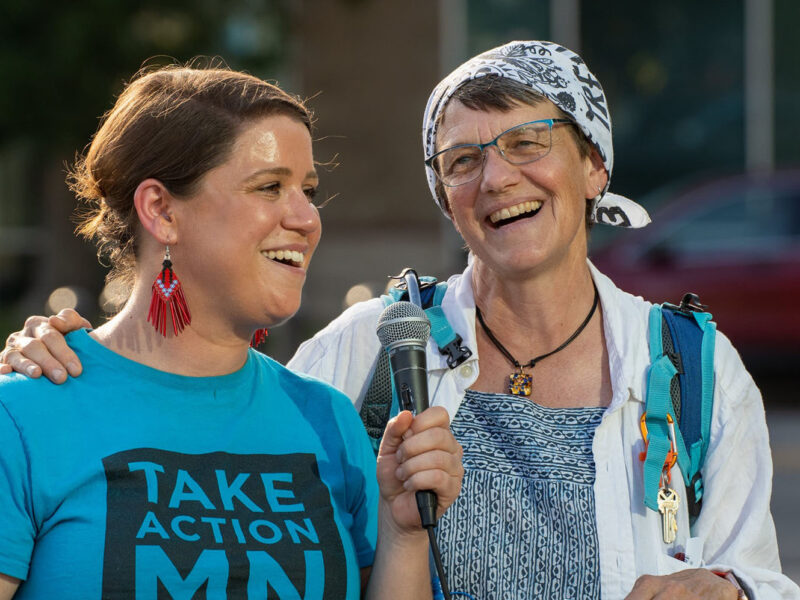
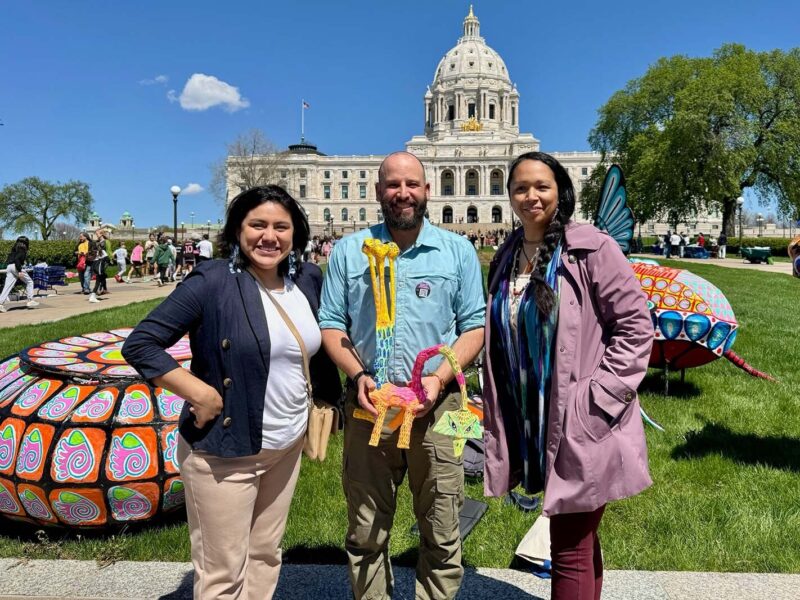
2. Contact Your Lawmakers
Let your elected officials know which issues matter to you — and why. A short, personal message can have more impact than you might think.
Tools like Common Cause’s Find Your Representatives make it easy to call or write to your federal, state and local representatives.
Signing petitions or joining campaigns like the National Council of Nonprofits' Nonprofits Get It Done campaign provide simple ways to join others and share your support for a cause with your representatives.
3. Use Your Platform
If you’re active on social media, share updates or calls to action from trusted organizations. You can also highlight stories of impact that show why nonprofit work matters.
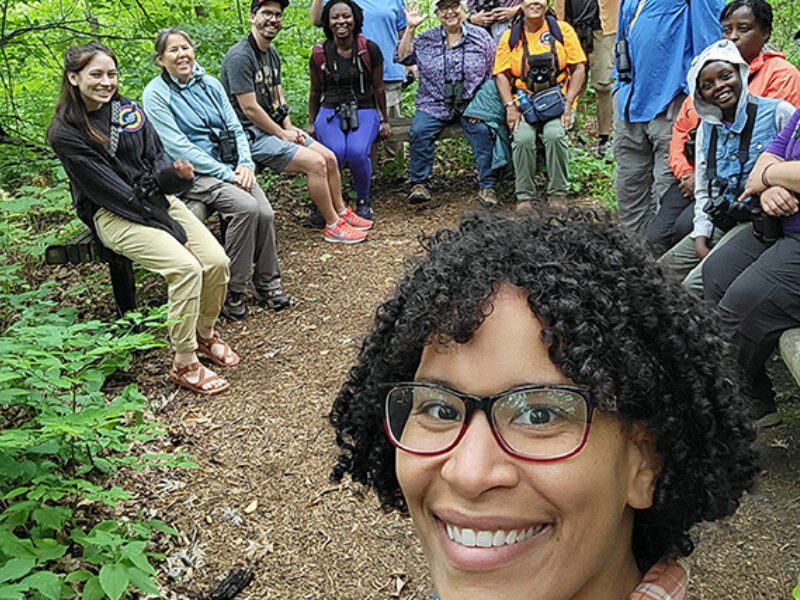
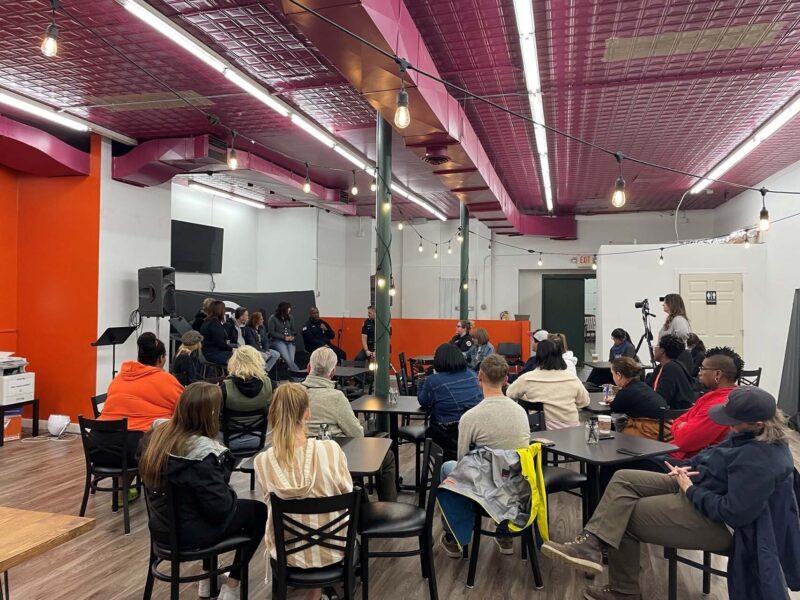
4. Show Up
Attend community meetings, public forums or nonprofit-led events that spotlight local issues. Your presence — and your voice — can help drive awareness and change.
5. Connect and Collaborate
Reach out to peers, advisors or fellow donors to learn how they engage in advocacy. Working together often strengthens resolve and impact.
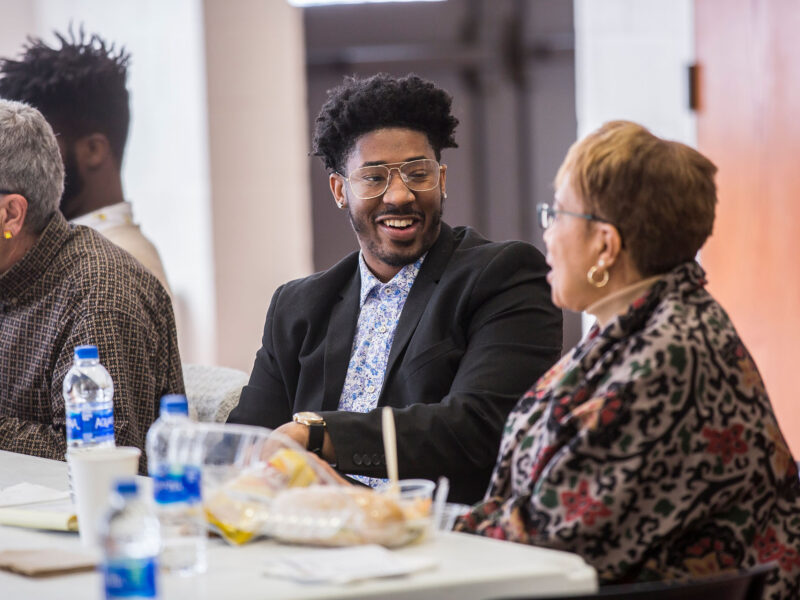
Equity, Responsibility and the Power to Influence
The ability to advocate is a form of power — and with that power comes responsibility.
At the Foundation, we believe that advocacy must be grounded in equity. That means:
- Listening to and amplifying the messages of those closest to the issues
- Supporting organizations led by and for communities most impacted
- Recognizing when to step forward and when to step back and make space for others
Advocacy done well helps shift narratives, reallocate resources, affect policy change and reimagine what’s possible.
Use the Worksheet to Reflect and Act
To help you think through your own advocacy goals, we have created a downloadable worksheet to accompany this series.
The worksheet includes prompts to help you:
- Identify causes or issues you feel strongly about
- Map out specific ways to raise your voice
- Draft a sample message or story you might share
- Explore how advocacy can become a regular part of your giving practice
It's a simple but powerful tool to move from aspiration to action.
From Generosity to Leadership
Whether you’re new to advocacy or looking to deepen your engagement, your personal advocacy matters. Nonprofits need more than dollars right now — they need champions: people who believe in their work and who are willing to stand beside them, speak up for them and help ensure they have the freedom and resources to do what they do best.
The good news? You’re already part of the solution.
By reading this series, reflecting on your values and considering how you can use your time, talents, influence and resources, you are stepping into a leadership role in our shared effort to build a more just, resilient Minnesota.
So, let’s go beyond the check. Let’s show up with our full selves — with our voices, our networks and our unwavering belief in the power of community.



